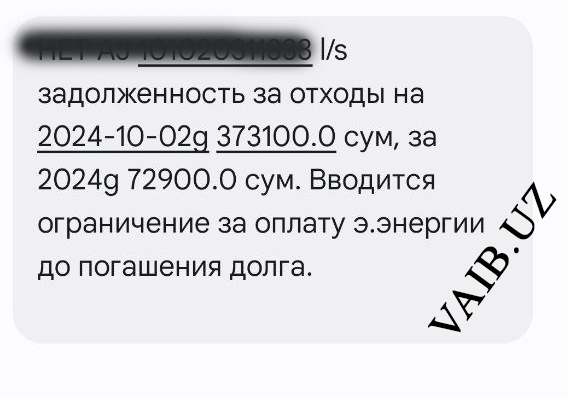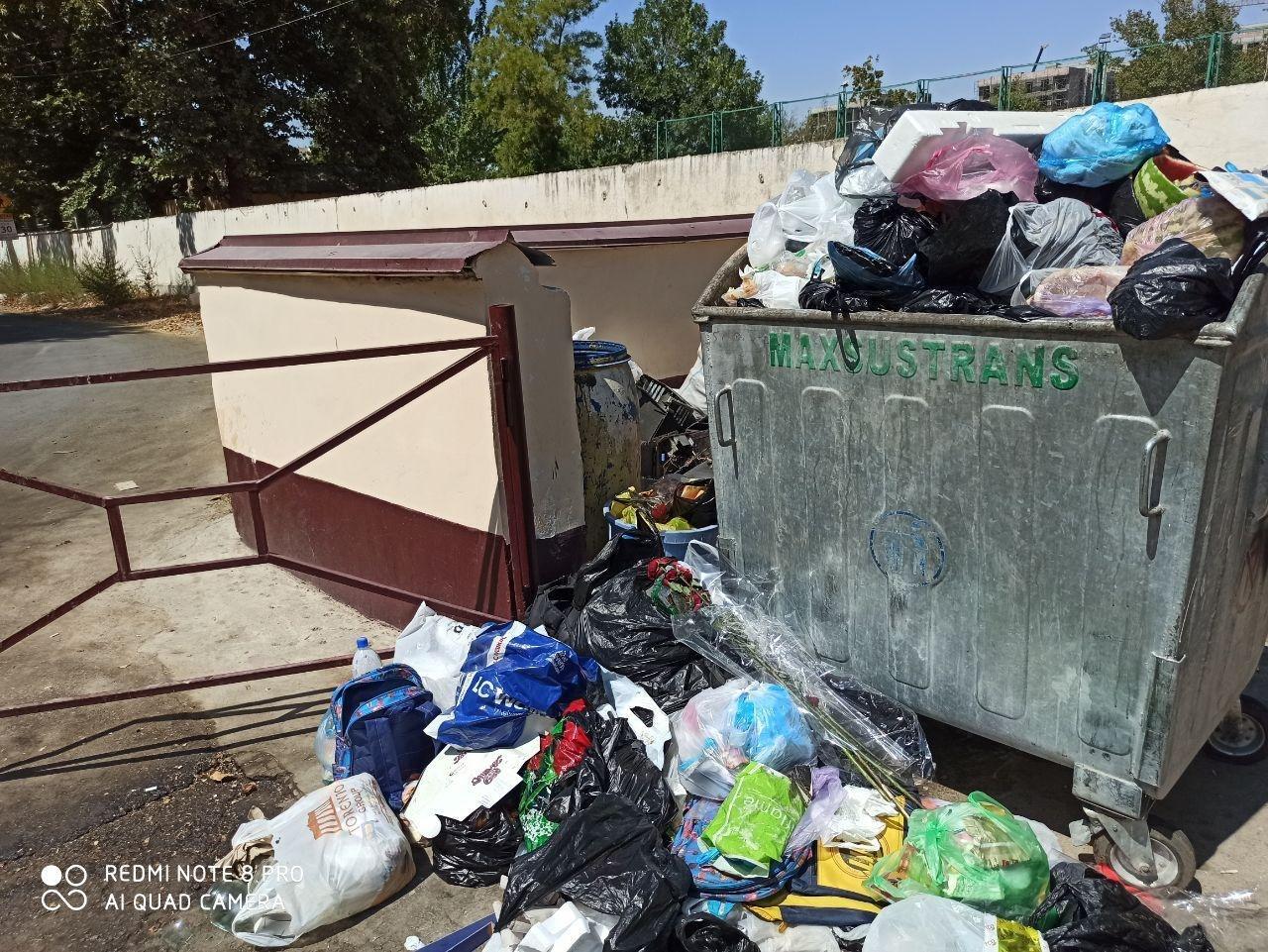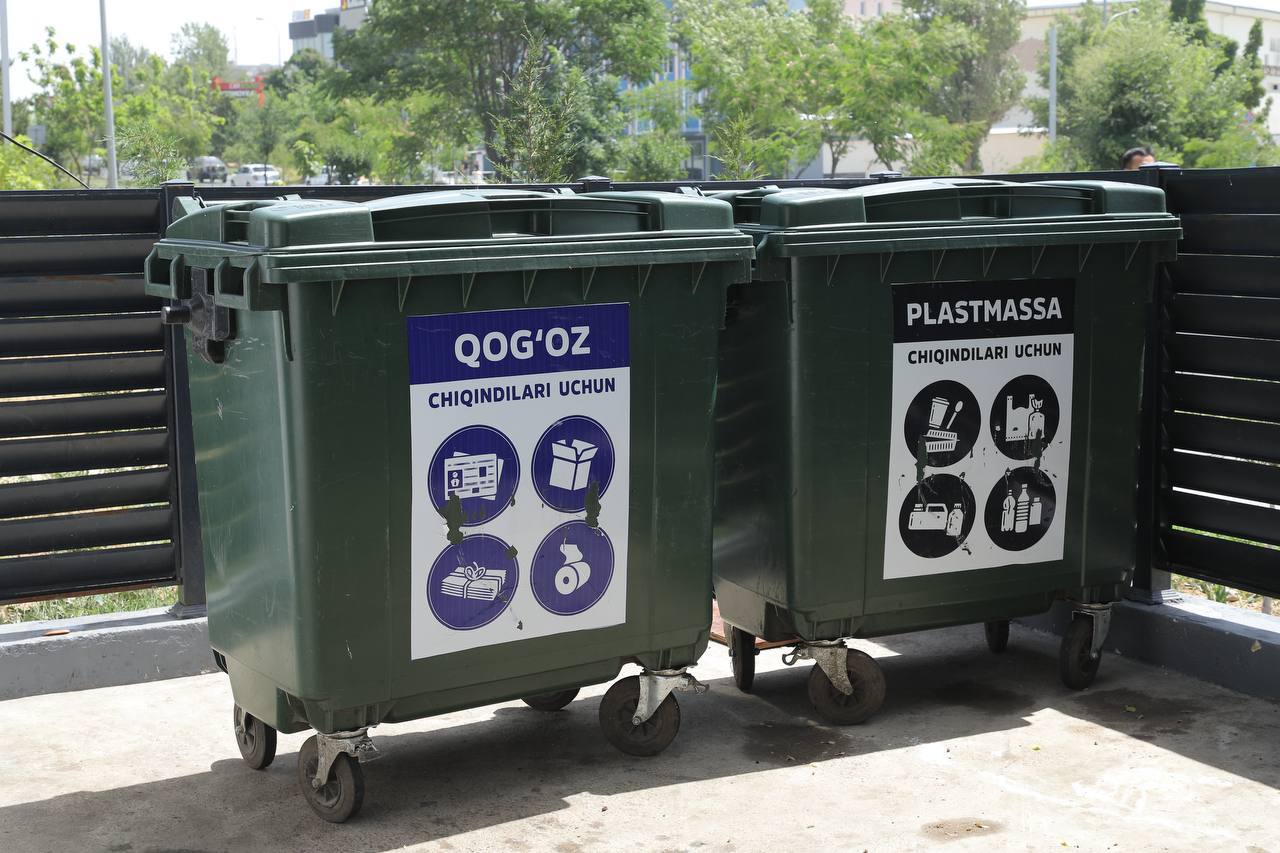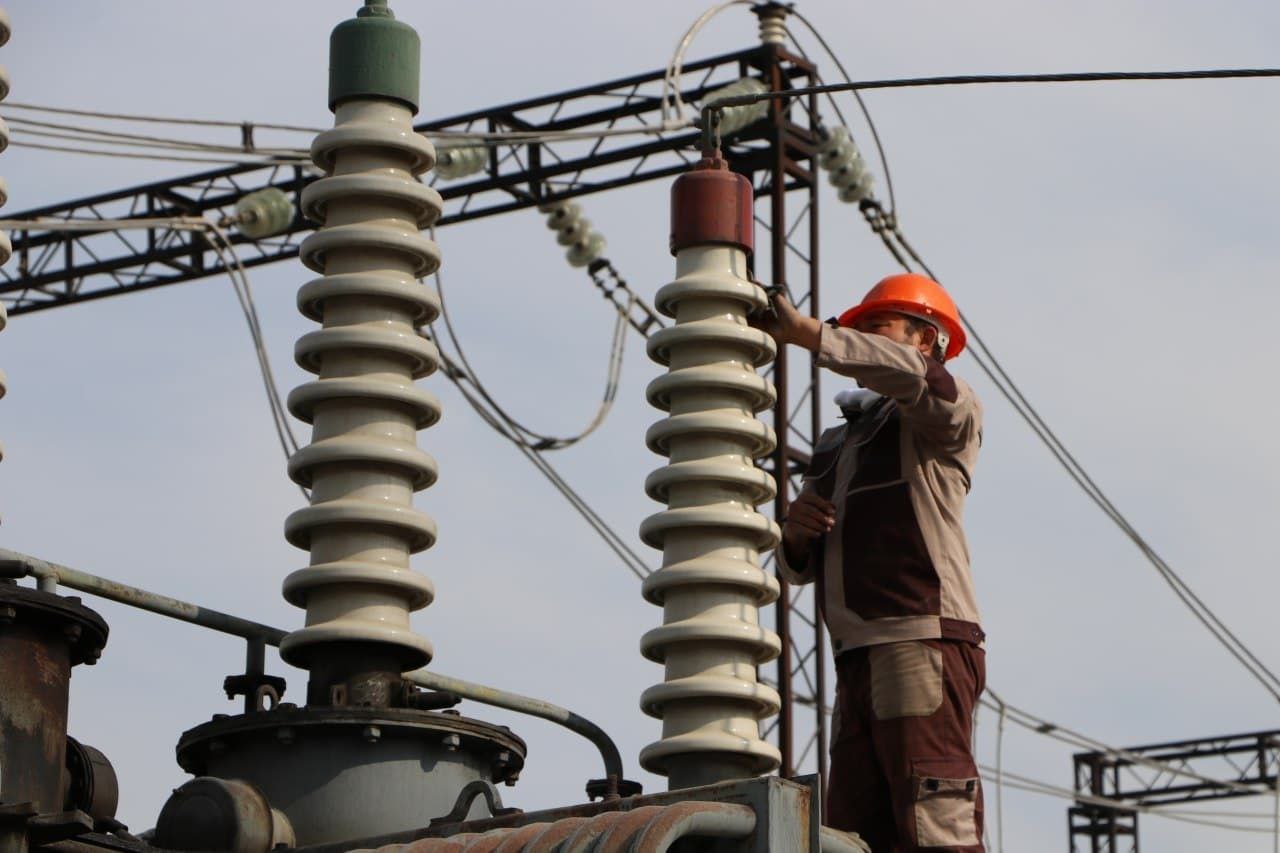Жители Ташкента начали получать сообщения о том, что из-за задолженности за вывоз мусора им ограничили возможность пополнения счетов за электроэнергию. Это решение, вступившее в силу с 1 июня 2024 года в Ташкенте, Нукусе и других областных центрах, постепенно распространяется по всей стране.

Как работает новый порядок?
Суть нововведения заключается в том, что если у граждан есть шестимесячная задолженность за вывоз мусора, они не смогут пополнить свой счет за электричество до тех пор, пока не погасят долг. Однако важно отметить, что само электричество не отключается сразу — оно будет доступно до тех пор, пока на счете есть деньги. Пополнить счет для дальнейшего использования электроэнергии можно будет только после оплаты задолженности за мусор.
На первом этапе с 1 июня 2024 года это правило действовало только в крупных городах, таких как Ташкент и Нукус, а также в областных центрах.
На втором этапе, который стартует с 1 ноября 2024 года, эта система распространится на всю страну, а срок задолженности за мусор сократится до трёх месяцев.
На третьем этапе, с 1 января 2025 года, срок задолженности для ограничения платежей за электричество будет сокращён до одного месяца.
Почему это хорошее решение?
1. Повышение ответственности за коммунальные платежи
Этот механизм стимулирует граждан своевременно оплачивать все коммунальные услуги, включая вывоз мусора. Люди зачастую забывают о накопившихся долгах за мусор или откладывают оплату на потом, что приводит к накоплению задолженностей. Новая система напоминает об этом наглядно, создавая дополнительный стимул для своевременной оплаты всех коммунальных счетов.
2. Чистота и порядок в городах
Вывоз мусора — важнейший элемент поддержания чистоты в городах и селах. Благодаря новому порядку компании смогут более эффективно собирать средства на эти услуги, что, в свою очередь, приведет к улучшению экологической ситуации и повышению санитарного состояния населённых пунктов.
3. Устранение долговых «ловушек»
Введение механизма с постепенным сокращением сроков задолженности помогает избежать долговых ловушек, когда задолженность накапливается годами и становится сложнее погасить её. Постепенное сокращение сроков до одного месяца позволяет не допустить накапливания долгов и своевременно их погашать, сохраняя финансовую дисциплину.
4. Повышение прозрачности коммунальных услуг.
Новая система заставляет задуматься о том, насколько важно оплачивать все коммунальные счета вовремя. Благодаря этому граждане смогут видеть ясную связь между своими действиями и последствиями в виде ограничений, что способствует более осознанному подходу к оплате услуг и улучшению общего уровня ответственности.
5. Поддержка финансовой устойчивости коммунальных служб
Регулярные и своевременные платежи позволяют коммунальным службам эффективно планировать свои бюджеты, улучшать инфраструктуру и предоставлять качественные услуги населению. Это важный шаг в сторону улучшения уровня жизни и повышения доверия к коммунальным службам.







